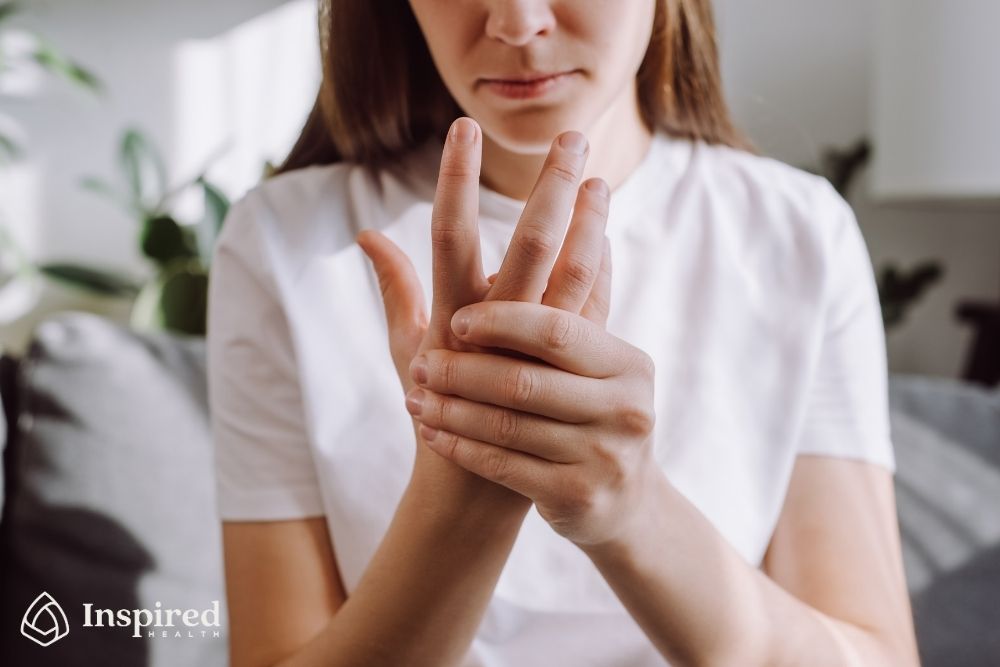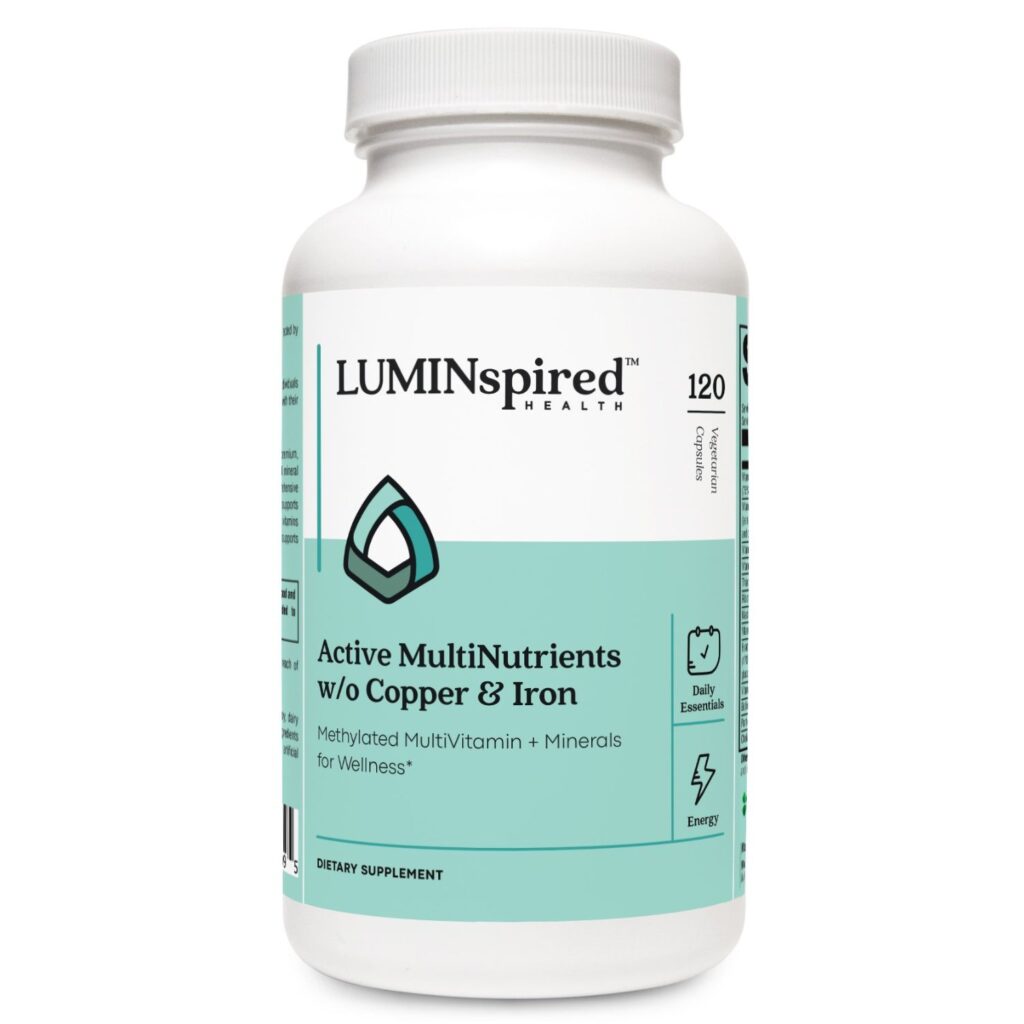When it comes to staying healthy, vitamins are often seen as harmless helpers, something you can’t really get too much of. But that’s not always the case. Vitamin B6, in particular, plays a vital role in everything from brain development and immune function to metabolism. But did you know that too much vitamin B6 can actually harm your nerves?
It’s a surprising truth: excess vitamin B6 can cause neuropathy, a painful and potentially debilitating condition affecting the nerves. Let’s break down what that means, why it happens, and how to stay safe while keeping your vitamin levels balanced.
What Is Vitamin B6?
Vitamin B6, also known as pyridoxine, is one of the eight B vitamins essential for health. It helps your body:
- Convert food into energy
- Produce neurotransmitters like serotonin and dopamine
- Maintain a healthy nervous system
- Support the immune system by helping to produce antibodies
- Create hemoglobin for oxygen transport in the blood
You can find B6 naturally in foods like poultry, bananas, potatoes and chickpeas. It’s also available in supplement form, sometimes on its own, and often as part of a B-complex or multivitamin.
When “More” Becomes “Too Much”
While B6 is water-soluble (meaning your body typically excretes any excess in urine), high doses over time can still build up and become toxic. The main risk associated with excessive B6 is sensory neuropathy which is nerve damage that primarily affects how your body feels pain, temperature, or touch.
Symptoms of B6 Toxicity-Related Neuropathy:
- Tingling or numbness in the hands and feet
- Burning sensations
- Clumsiness or difficulty walking
- Muscle weakness
- Loss of coordination
- Sensory changes that may worsen over time
These symptoms may start subtly and gradually worsen, especially if high doses of B6 are continued.

How Much Is Too Much?
The recommended dietary allowance (RDA) for adults is about 1.3 to 2 mg per day, depending on age and sex. However, many supplements contain 100 mg or more per pill, and some people take multiple doses daily.
The tolerable upper intake level (UL) for adults is set at 100 mg/day by health authorities like the NIH. Exceeding this amount regularly, especially for months or years, raises the risk of nerve damage.
It’s important to note, most cases of B6-induced neuropathy are linked to supplement overuse, not food sources.
How Long Does It Take for Symptoms to Appear?
Nerve symptoms from B6 toxicity can take weeks to months to show up, depending on the dose and the individual. The good news? If caught early, nerve damage is often reversible, but recovery can be slow, and in some cases, the damage may be permanent.
Why Do People Take So Much?
People often take high doses of B6 hoping to treat:
- PMS symptoms
- Fatigue
- Depression
- Morning sickness
- Carpal tunnel syndrome
While there is some evidence supporting B6 supplementation for the conditions above, megadoses are almost never necessary and can be dangerous.
Staying Safe with Supplements
If you’re taking a multivitamin, B-complex, or energy supplement, check the label. You may be getting far more than you need.
Tips to avoid Vitamin B6 overdose:
- Don’t exceed the recommended daily dosage unless advised by a doctor.
- Be cautious with energy drinks or “wellness” shots that may contain hidden high doses.
- Watch for signs of neuropathy if you’re taking B6 supplements long-term.
- Talk to your healthcare provider before starting any high-dose supplement regimen.
Bottom Line
Vitamin B6 is essential, but like anything in health, balance is key. Overdoing it with supplements can lead to serious side effects, including nerve damage and neuropathy. The best approach? Get your B6 from food when possible, and only supplement under medical supervision.
If you’re experiencing unusual nerve symptoms and you’re taking a B6 supplement, it’s worth talking to your doctor. Sometimes the healthiest thing you can do is… take a little less.

A high quality Multivitamin like our Active MultiNutrients w/o Copper & Iron provides 10mg of Vitamin B6 which is an optimal amount to consume daily.

Want more Inspired tips?
Be sure to follow us on Instagram, Facebook, and Pinterest.
Also, sign up for our newsletter!
Visit us in-person at Inspired Health, or schedule a TeleHealth appointment!
References:
- Malet L, Dayot L, Moussy M, de la Gastine B, Goutelle S. Neuropathie périphérique avec hypervitaminose B6 provoquée par l’automédication [Peripheral neuropathy with hypervitaminosis B6 caused by self-medication]. Rev Med Interne. 2020 Feb;41(2):126-129. French. doi: 10.1016/j.revmed.2019.11.003. Epub 2019 Nov 30. PMID: 31796339.
- Hadtstein F, Vrolijk M. Vitamin B-6-Induced Neuropathy: Exploring the Mechanisms of Pyridoxine Toxicity. Adv Nutr. 2021 Oct 1;12(5):1911-1929. doi: 10.1093/advances/nmab033. PMID: 33912895; PMCID: PMC8483950.
- Bacharach R, Lowden M, Ahmed A. Pyridoxine Toxicity Small Fiber Neuropathy With Dysautonomia: A Case Report. J Clin Neuromuscul Dis. 2017 Sep;19(1):43-46. doi: 10.1097/CND.0000000000000172. PMID: 28827489.






